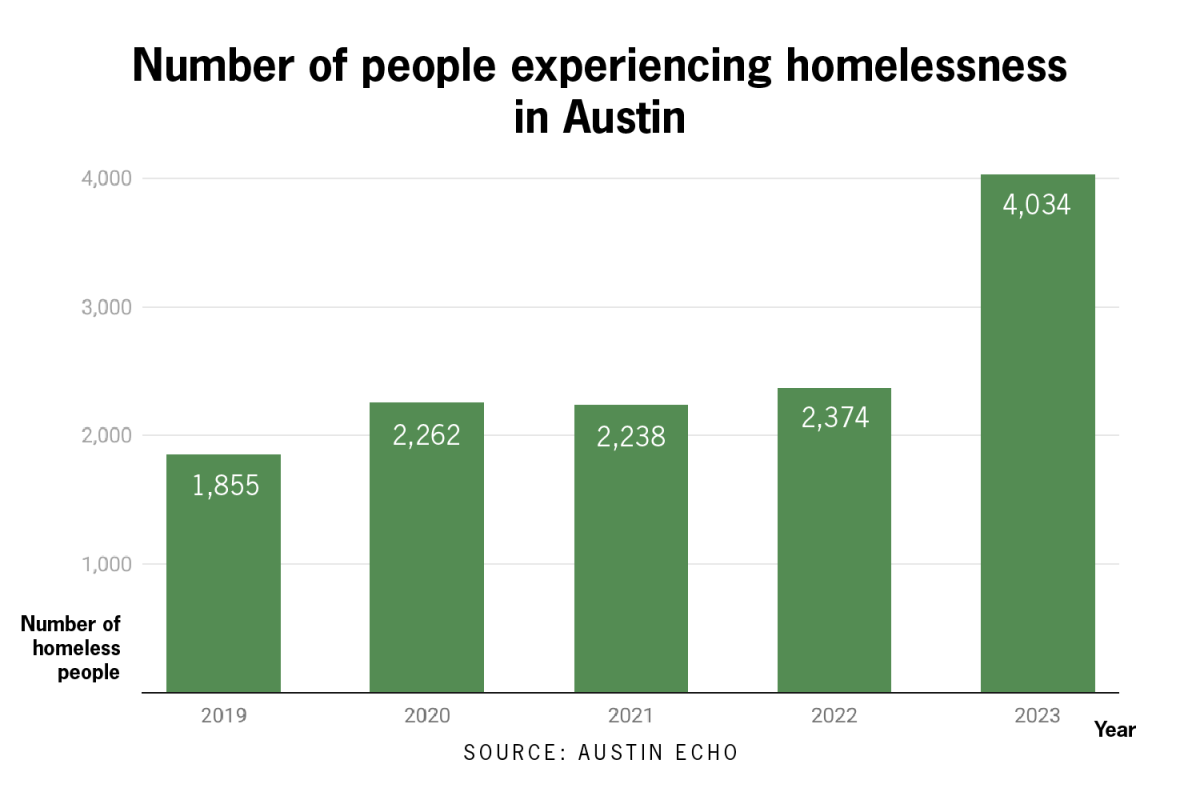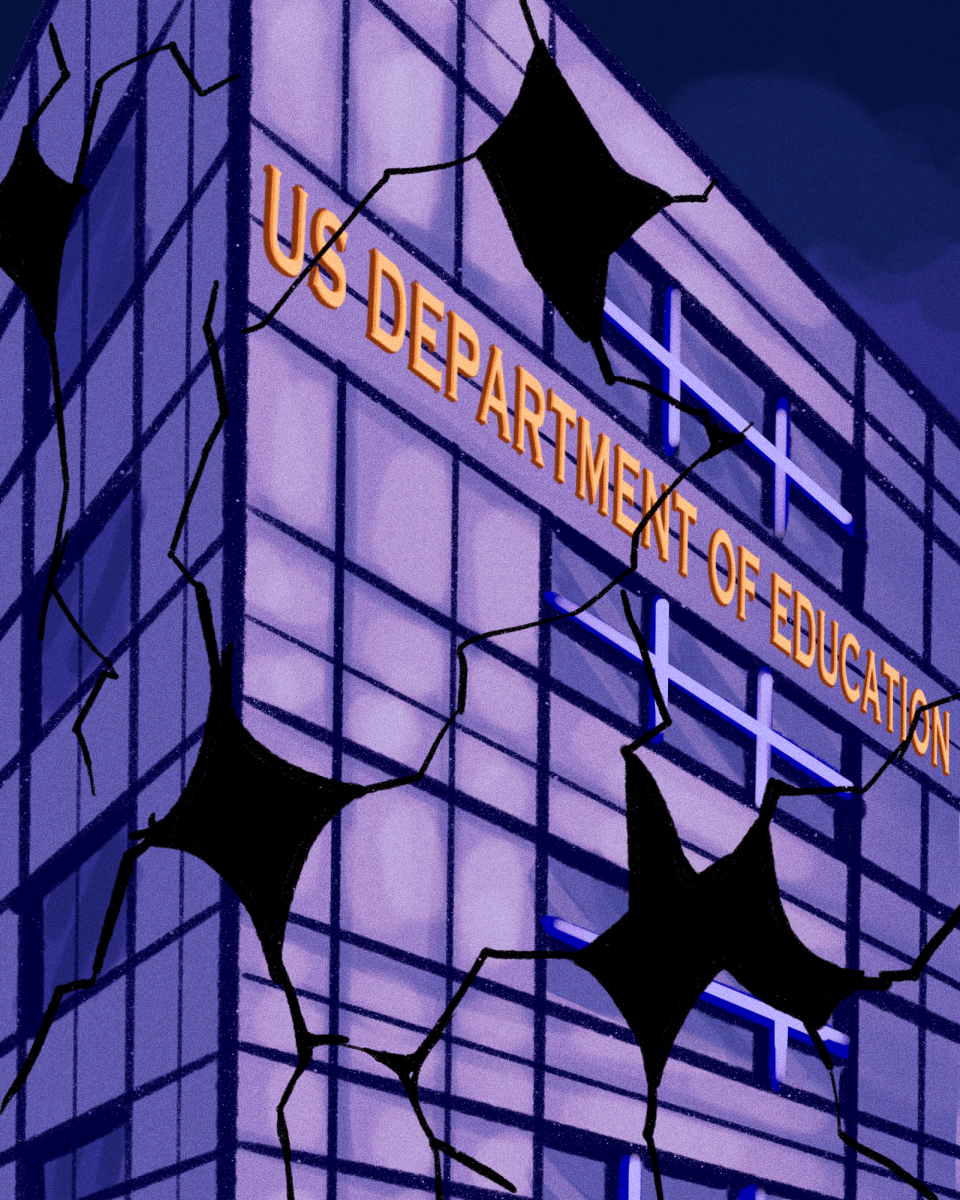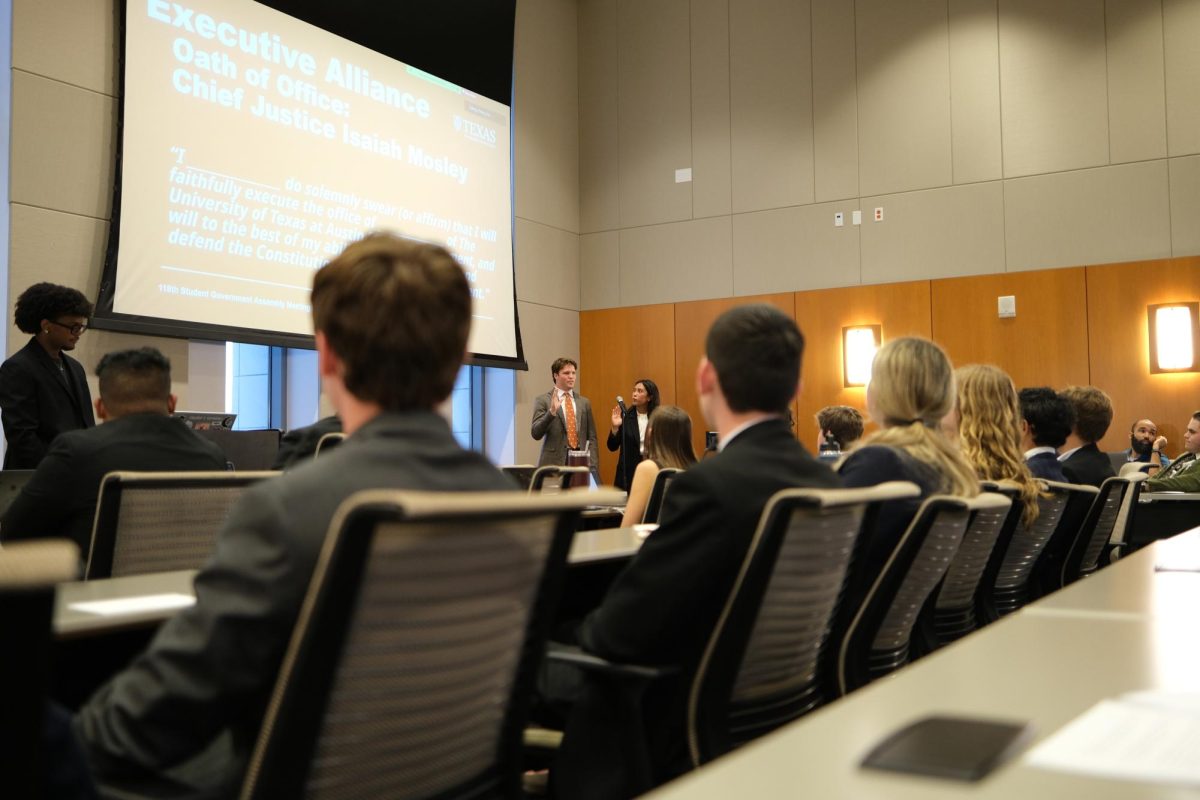The U.S. Supreme Court upheld a ruling on June 28 allowing governments to prohibit and fine people experiencing homelessness from camping and sleeping on public property.
The case, Grants Pass v. Johnson, challenged a local Oregon ordinance that allowed officials to fine people for sleeping outside, claiming it violated the Eighth Amendment of cruel and unusual punishment. The court ruled the ordinance does not violate the amendment.
As of May 2024, there are 6,235 people likely experiencing homelessness in Austin, according to Austin’s Ending Community Homelessness Coalition, or ECHO, response system dashboard.
In May 2021, the City of Austin passed a voter-approved proposition making it a criminal offense to camp in public areas. Violating these laws is a Class C misdemeanor and offenders may be fined up to $500. In June 2021, Texas passed HB 1925, standardizing a statewide encampment ban and making public camping a state offense.
City Council Member Zo Qadri said in opposition to the court’s ruling that “housing first is the most effective and humane way to address homelessness,” and real solutions include permanent supportive housing and rapid rehousing.
“Criminalizing homelessness doesn’t work,” Qadri said on Instagram. “We simply cannot arrest our way out (of) it. Nothing is achieved (by) putting an unhoused person through a revolving door in Travis County Jail; it often makes things worse.”
Matt Mollica, executive director of Austin ECHO, the lead agency of Austin’s homeless strategy, said the ruling gives local leaders who already have laws and ordinances criminalizing homelessness national backing.
“It emboldened local and state leaders who believe that criminalization is the answer to continue down that path,” Mollica said.
Angelica Sharma, a computer science junior and officer for Hearts for Homeless, a UT organization that provides free blood pressure screenings to people experiencing homelessness, said issuing fines will only exacerbate the issue because the unhoused community would have to put money toward paying for housing or risk a criminal record, making it even more difficult to attain housing.
“I think it’s more like a short-term solution,” Sharma said. “(Officials) can’t find other ways to solve this, so this is what they’re going to try to do instead of thinking more about the root causes of homelessness and how to prevent it in the first place.”
Mollica said federal and local governments should focus on long-lasting solutions that address homelessness, such as investing in affordable housing and supportive services, ensuring communities have access to healthcare and funding community providers already working to implement these solutions.
“We need our leaders … to fund those (solutions) that will have a lasting impact,” Mollica said. “Not ones that’ll just sort of move people from place to place or try to make the issue of homelessness perceived to have been solved through encampment raids and criminalization.”
Austin Mutual Aid is a non-profit that employs people with lived experience to help and support the unhoused community. Lead organizer Sasha Rose, who experienced being unhoused as a teenager, said they were not surprised to hear the Supreme Court’s decision and that the decisions being made to address homelessness are made by people who do not understand the issue.
“Criminalizing people experiencing poverty is truly a criminal act,” Rose said. “And it’s very clear, now more than ever, that SCOTUS doesn’t represent us.”












